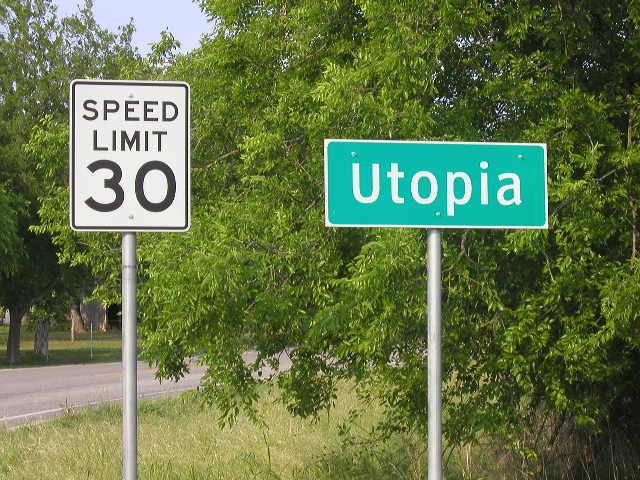An interview with Marleen Stikker, co-founder of Waag about her work, influences and social change.
What are you most trying to accomplish in your work?
I want to influence the way technology shapes our societies by creating and striving for open, fair and inclusive technology.
What do you think sets your work apart from the work of others in your field?
The past twenty years I have been working on the progress of social innovation through a unique mix of art, science and technology. With a prominent role for citizens. It started twenty years ago with the creation of de digital city, the first open and free internet, an experimental playground for internet. Our most recent and successful spin-off is Fairphone, the first mobile phone that puts social values first and is opening up the supply chain.
What or who inspired you to get into your field? Do you have any individuals or groups of people that you credit with helping you achieve the goals you set out to accomplish?
The writer Robert Musil who wrote "Der Mann ohne Eigenschaften" (The Man without Qualities) is very inspirational. He described the belief in possibilities, how to look beyond reality. Don't take the world as it is, act on your dreams and vision. Another influence is Manuel Castells, the Spanish sociologist who sees network technology as a political and social fabric.
What role has serendipity played in the turning points in your career?
My intention with Waag is to create an environment where people from different walks of life can meet, from biotechnologist to visual artist, which fosters innovation. In that way, Waag enables serendipity.
What have been the greatest challenges that you have encountered in your career?
Old economic models based on shareholder value is dominant. It extracts value from the public and has weakened the internet. Surveillance technology did the same. We have a long battle to fix the internet and regain our privacy and trust. Plus, change is always a slower process than you would wish, it takes 5 to 7 years for a visionary idea to manifest itself. Patience and perseverance are required.
Do you believe leaders and innovators have certain qualities that they all share? If so, what?
They believe in possibilities and they know how to mobilize people. Most important: you need a moral compass. Innovation without ethics is dangerous.
How would you most like to change the world through your work?
I hope to inspire people to make social values at the core of their activities and the design of technology. Technology is not neutral, so we have to make that explicit in how we use and design it. I want to create prototypes that make a real impact on the real world.
The above interview was given to the World Technology Awards at the occasion of Marleen Stikker's nomination in 2014.
